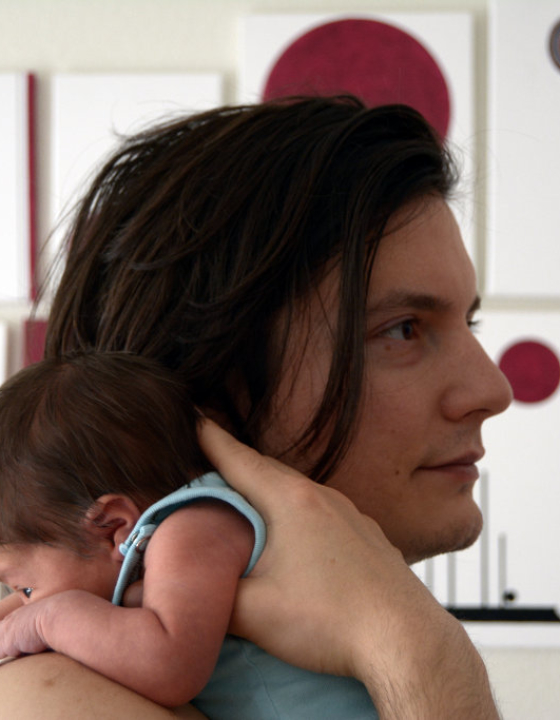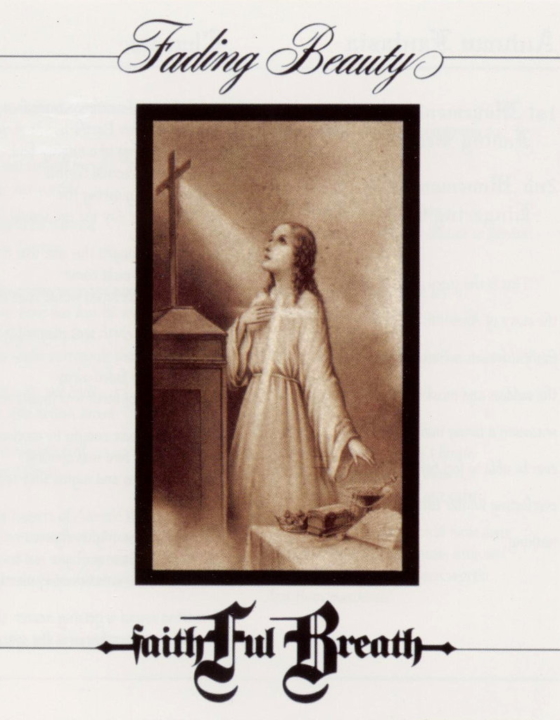Applied ethics is an umbrella term for philosophy that steps outside of its academic sources and involves itself with the world outside, on a macro scale and on individual basis. The term applied ethics is too polished and almost succeeds in masquerading itself from what it really is – sophism and the world-engaging priesthood of academia. Engaging in arguing for or against ethics regarding abortion, bioethics, war, business, ownership and so on. We can say applied ethics is “macro-level ethics”. It gets involved with the world, with the government, with organizations, with lobbying, with agendas, with in/justice and such. It is an agenda driven normative branch of ethics, where the agent has already chosen the meta-ethical disposition (their reflective equilibrium) and moved forward to directly affect the world by various means (applying or defending principles on various real world contexts).
By doing this applied ethics also gets involved with the personal sphere of life and the choices of individuals. More brutally said, applied ethicist are the money making philosophers, the sophists of our time in the classical sense; the ones that are ready to affect opinions, form think-tanks, spin the narrative and all that according to their belief (or paycheck). As our society becomes more complex and expands its technological horizons, applied ethics will probably find new areas to embrace and employ itself. The following quite explores concisely explores the idea of applied ethics eventually breaking loose from traditional philosophy.
This need is one reason why applied ethics is here to stay. Indeed, one can expect new flourishing topics within applied ethics to develop as technological innovations and the like bring new moral issues to the fore – as they witness, for instance, recent work on ethics and cyberspace, or ethics and robots. However, the development of applied ethics into new areas may enhance the independence of applied ethics from mainstream philosophy, arguably to the intellectual detriment of the subject. – David Archard and Kasper Lippert-Rasmussen. Introduction to Applied Ethics.
Applied does not necessarily mean there is a non-applied counterpart. I interpret applied-ethics or applied-philosophy as a more market-friendly branch of profitable (or activism based) philosophy. As opposite to traditional “non-applied” which also can have objectives and academics who prefer results, have agendas and such. But the standards in applied-ethics is different, it is out for rent and for sale. Non-applied philosophy is what defines the discipline, the square shaped academic philosophy that entangles itself deeper within itself. While applied ethics leans more to defending moral principles outside of the academic quarters, due to various personal convictions, agendas or economical profits. And can come in various forms, from activism, lobbyism, state funded campaigns and so on. This is also inevitable as real world problems stretch far beyond the academic tightly knitted theory, or rather into it – where someone needs to stretch moral principles and normative ideas depending on context.
In essence applied ethics is also a way of making academic studies more relevant to our present day issues. With caution I would still claim the imam, priest and the applied-ethicist are engaged in the same mission. But from different backgrounds. Is that bad? Not necessarily as it can be good, but it is agenda driven either by a philosophical principle, religious nonsense or something else.
In my opinion the culture that makes space for most personal freedom, offers the best security and allows self-criticism – is one we may consider the currently best. Having such a parameter of a free spirited culture makes inevitable the realizations that other cultures. As they restrict personal freedom, make people vulnerable and refuse self-criticism, must be a worse alternative.
Slavery is often used as an example and the Ottomans, Africans, Mongols and Europeans along with all other people and empires had their slave system, which at the time was taken for granted. The anti slave movement (Abolitionism) was born in England in the 19th century, because at the time that was one of the places of the most progressive culture. I guess the role of applied ethics has long been there – but not in the strict academic form it wants to package itself in these days, in order to gain formal recognition and differ from basic activism.
Any sort of activism, preaching, information campaign is applied ethics in practice. The method is the same, some idea is pushed forward, defended, promoted, argued and so on – in order to change a pattern, system or the ways individual live their lives.








What do you think?